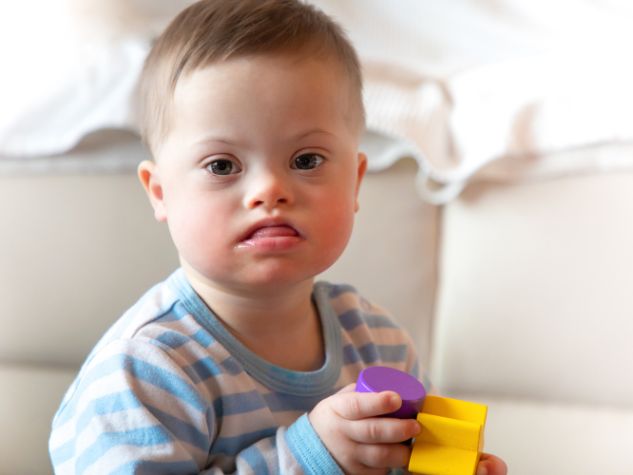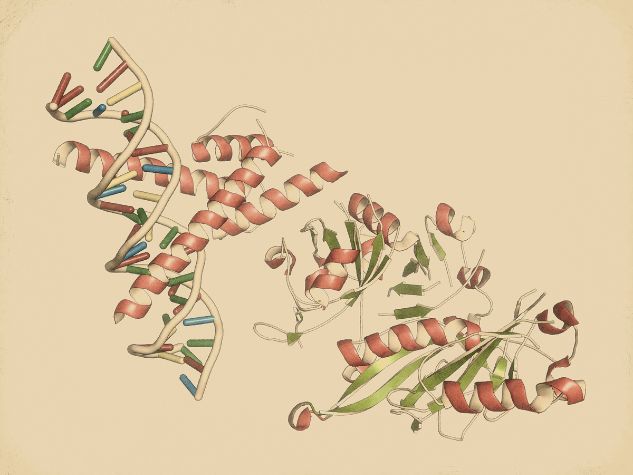The holiday season is a special time filled with joy and generosity. For many parents, finding the perfect gift for their children can be a challenge, and this becomes even more important when it comes to children with Down syndrome. These children, like any others, deserve experiences and toys that are not only entertaining but also enriching and tailored to their unique needs and abilities. Below is a detailed guide on what toys to gift to children with Down syndrome at different stages of growth during the Christmas season.
Infancy Stage (0-3 years):
During the early years of life, it is crucial to provide toys that stimulate the senses and encourage motor development. Colorful and tactile toys are excellent choices. Large building blocks, textured rattles, and toys that emit soft sounds can capture attention and enhance fine motor skills. Additionally, interactive toys with lights and sounds can be positive sensory stimulants.
Examples of toys for the infancy stage:
- Soft Building Blocks: These brightly colored blocks are easy to grasp and stack, promoting hand-eye coordination and dexterity.
- Textured Rattles: Toys with different textures to explore, stimulating the sense of touch and motor development.
- Sensory Balls: Balls that emit soft sounds and have different textures to stimulate sensory development.
Preschool Stage (4-6 years):
As children grow, their motor and cognitive skills develop rapidly. Toys that encourage imaginative play and social interaction are crucial at this stage. Simple puzzles, construction sets, and toys that promote early learning are ideal. Additionally, simple board games can help develop social and decision-making skills.
Examples of toys for the preschool stage:
- Large Plug-In Construction Sets: These toys promote hand-eye coordination and imagination while being easy to handle.
- Interactive Books: Books with textures, flaps, and sounds that encourage interest in reading and learning.
- Simple Board Games: Games that involve turns and simple rules, aiding in social and cognitive development.
School Age (7-12 years):
During the school-age stage, it is essential to provide toys and activities that reinforce academic skills and encourage cooperative play. More complex puzzles, science and art kits, and toys that promote problem-solving are ideal. Additionally, games involving movement, such as adapted bikes or adapted sports games, can be beneficial for physical development.
Examples of toys for the school-age stage:
- Science and Art Kits: Toys that allow children to explore their creativity and understand scientific concepts hands-on.
- Challenging Puzzles: Puzzles with smaller and more complex pieces to stimulate problem-solving and concentration.
- Adapted Bikes: Promoting physical activity and assisting in the development of motor skills and coordination.
Adolescence (13-18 years):
During adolescence, the interests and skills of children with Down syndrome continue to evolve. It is important to provide toys that align with their passions and promote independence. Strategy games, more advanced art kits, and adapted electronic devices can be suitable options. Additionally, activities that encourage community participation, such as adapted sports or artistic programs, can be beneficial.
Examples of toys for adolescence:
- Strategy Games: Games that require strategic planning and decision-making to stimulate critical thinking.
- Advanced Art Kits: High-quality art materials that allow teenagers to express their creativity in a more sophisticated manner.
- Adapted Electronic Devices: Tablets, computers, or electronic toys with adaptations to facilitate access and interaction.
Special Considerations:
- Custom Adaptations: When selecting toys, consider custom adaptations based on the child’s specific needs.
- Inclusivity: Opt for toys that encourage social inclusion and participation in shared activities with friends and family.
- Consultation with Professionals: Consult with occupational therapists, physical therapists, and other professionals for personalized recommendations.
In conclusion, choosing toys for children with Down syndrome during the Christmas season should not only be entertaining but also meaningful and tailored to their needs and developmental stage. When selecting gifts, let us remember the importance of fostering play, creativity, and skill development that contributes to the overall well-being of these children. May this holiday season be filled with joy and meaningful gifts for all children!
















